Repatriation treaty signed with Tunisia
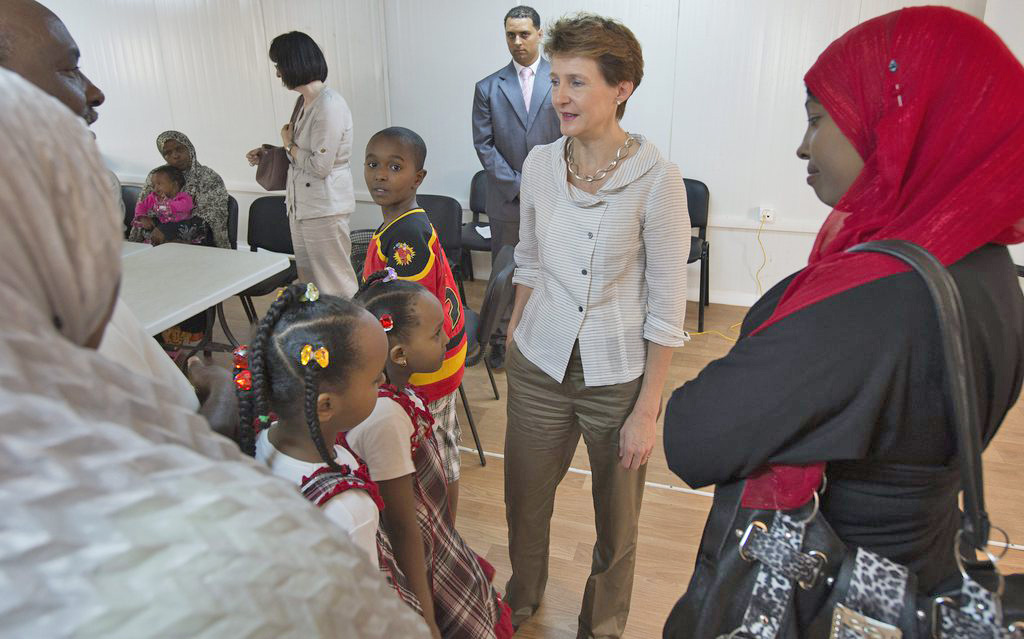
The return journey for Tunisian asylum seekers who fail to gain asylum in Switzerland has been streamlined as a result of an agreement signed by Swiss Justice Minister Simonetta Sommaruga.
Sommaruga described the treaty, which she signed with Tunisian Foreign Minister Farik Abdessalem in the Tunisian capital Tunis on Monday, as a “very important step”.
For his part, Abdessalem stressed it was in Tunisia’s interest for its young men to return home.
Following the Arab Spring, the justice ministry said Switzerland could offer protection to refugees fleeing the fighting in Libya but that Tunisian economic refugees would be sent home.
Numbers of Tunisian asylum seekers increased, with a total of 2,547 applying for asylum in 2011 – almost all economic refugees – with the majority coming through Italy.
According to the Federal Migration Office, about half of this total were given a limited-term Italian residence permit on humanitarian grounds.
Under the Dublin Accord, established to prevent repeat asylum attempts in the European Union region, these “Italian” Tunisians are not eligible to seek asylum in Switzerland and will be sent back to Italy – their first point of entry to the EU – in due course.
But according to professionals working with asylum seekers, that procedure can take up to seven or eight months to complete. In the meantime, the Tunisians started attracting bad press and, according to Sommaruga in December 2011, tarnishing the reputation of asylum seekers in general.
Voluntary returns
Monday’s agreement, which comes two days before the House of Representatives is due to discuss tightening asylum laws, is set to facilitate and speed up the repatriation process.
The treaty resembles those already signed by Switzerland with other countries, containing conditions on the promotion of returning voluntary and the modalities for repatriating by force those who do not want to go home.
Switzerland will take on the costs of the return flight and will make a financial contribution intended to help rejected asylum seekers make a new start back in Tunisia.
Switzerland will also support Tunisia in training border guards.
For its part, Tunisia promised it would take back rejected asylum seekers, even if they did not have any papers – the prerequisite is that they are assumed to have Tunisian nationality.
“Beacon of light”
Switzerland’s ambassador in Tunis, Pierre Combernous, speaking to swissinfo.ch ahead of Sommaruga’s visit, said the perception of migration by the ordinary Swiss citizen had to be taken into account in dealing with the issue.
But the would-be migrants have left their homes in desperation, taking great risks and paying a lot of money to cross the Mediterranean.
“The government has come to the conclusion that migration is best handled at the source,” he said.
“We are doing our best to focus whatever development projects we have in the regions from which these people come. And then they can suddenly see a beacon of light, saying: OK, maybe I can do something in my home village.”
The Tunisian authorities understand Swiss concerns. Combernous pointed out they had agreed to the automatic return of anyone who migrated after April 5 last year to the Italian island of Lampedusa – which received thousands of would-be migrants in the immediate aftermath of the overthrow of the old regime.
“We should not pass over this in silence. The Tunisians are doing their own work on re-accepting migrants, whether they are petty criminals or desperate job seekers,” he said.
Switzerland’s relations with Tunisia evolved during the French colonial expansion in North Africa in the 19th century.
In 1939, Switzerland opened a Consulate in Tunis. At that time, around 400 Swiss citizens were living in the country, mainly farmers, merchants, clerical workers and church representatives.
Between 1939 and 1943, Switzerland represented Italian interests in Tunisia. The Swiss Consul guaranteed the protection of the 120,000-strong Italian colony and organized repatriations.
Tunisia gained independence in 1956. Switzerland immediately recognised the new state and opened a Mission (which became an Embassy in 1961).
Violence erupted once more when ties between France and Tunisia were severed, and as a result some of the approximately 570 Swiss nationals residing in Tunisia left the country.
From 1957, Switzerland, in cooperation with the International Committee of the Red Cross, supported Algerian refugees in Tunisia, and this was to evolve into a commitment to the education sector and tourism. Today, Tunisia is a favourite destination for Swiss tourists.
Economic relations play an important role, as testified by the free trade treaty signed in Geneva at the end of 2004 between the European Free Trade Association and Tunisia. Numerous Swiss companies are active in Tunisia, particularly in the textiles, clothing and food sectors
Bilateral contacts between the two countries are sometimes overshadowed by differing stances on respect for human rights.
(Source: Swiss foreign ministry)
(With input from Julia Slater)

In compliance with the JTI standards
More: SWI swissinfo.ch certified by the Journalism Trust Initiative
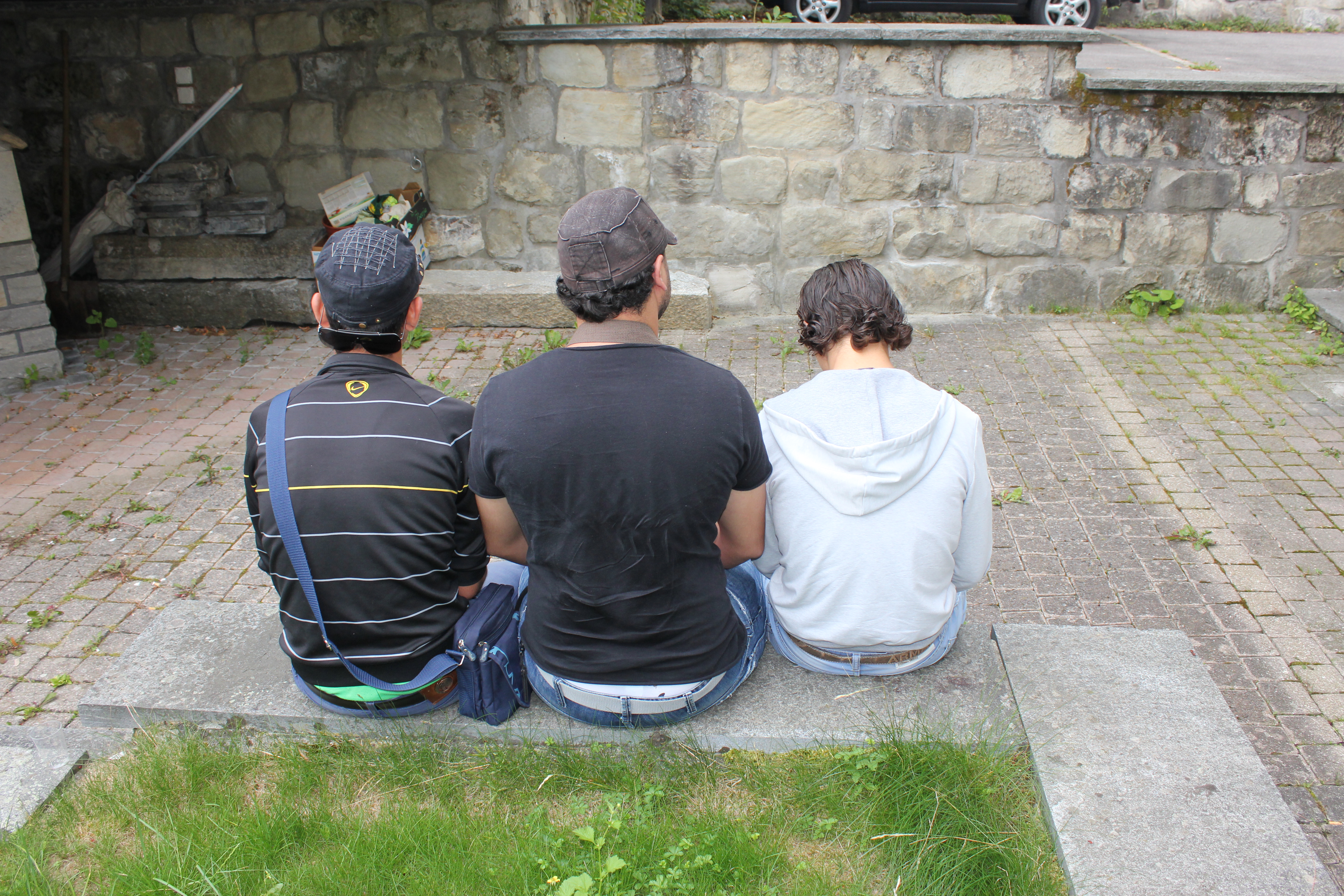
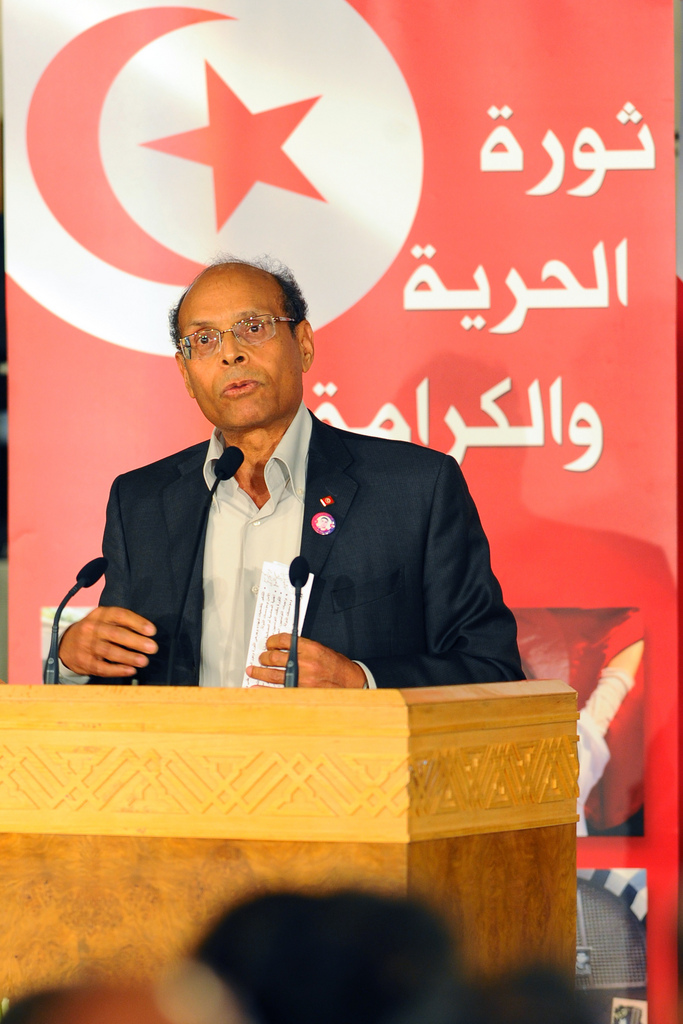
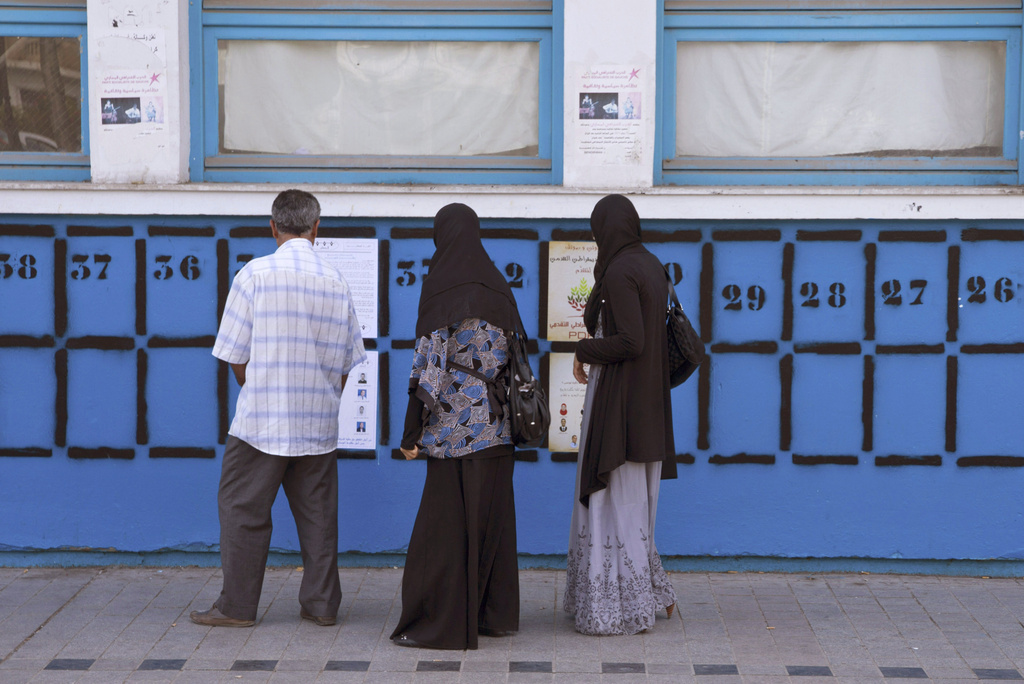

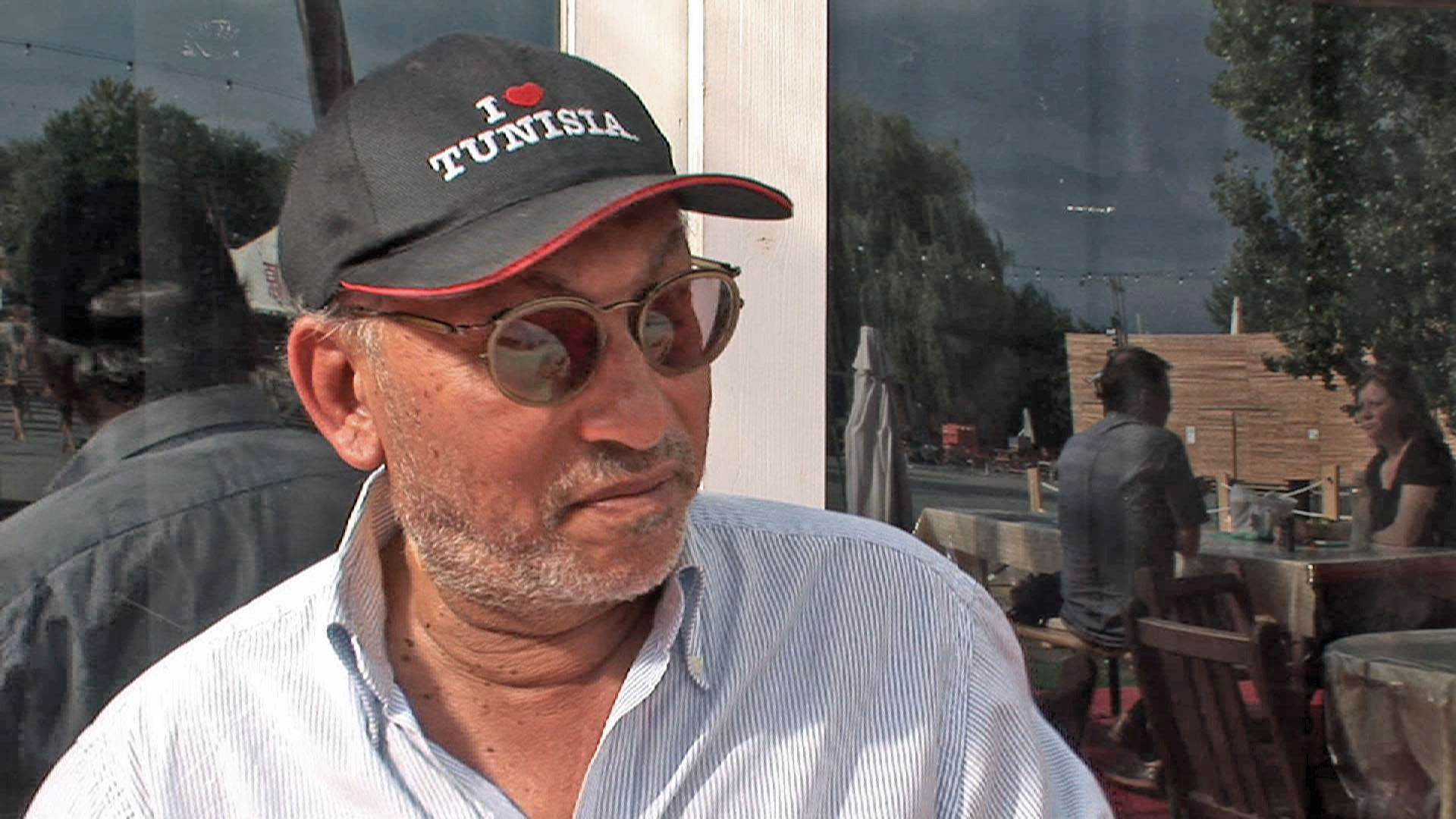
You can find an overview of ongoing debates with our journalists here. Please join us!
If you want to start a conversation about a topic raised in this article or want to report factual errors, email us at english@swissinfo.ch.